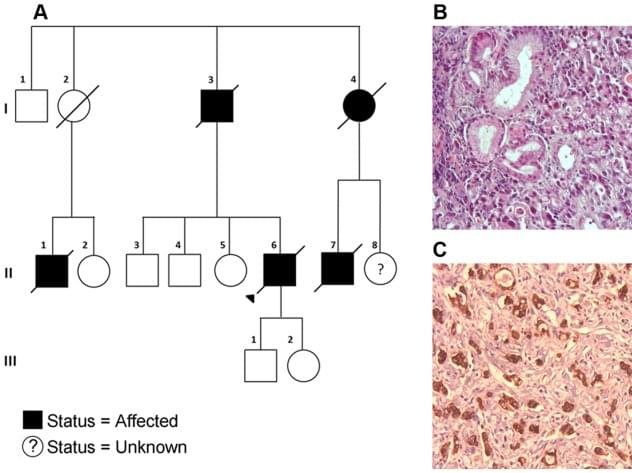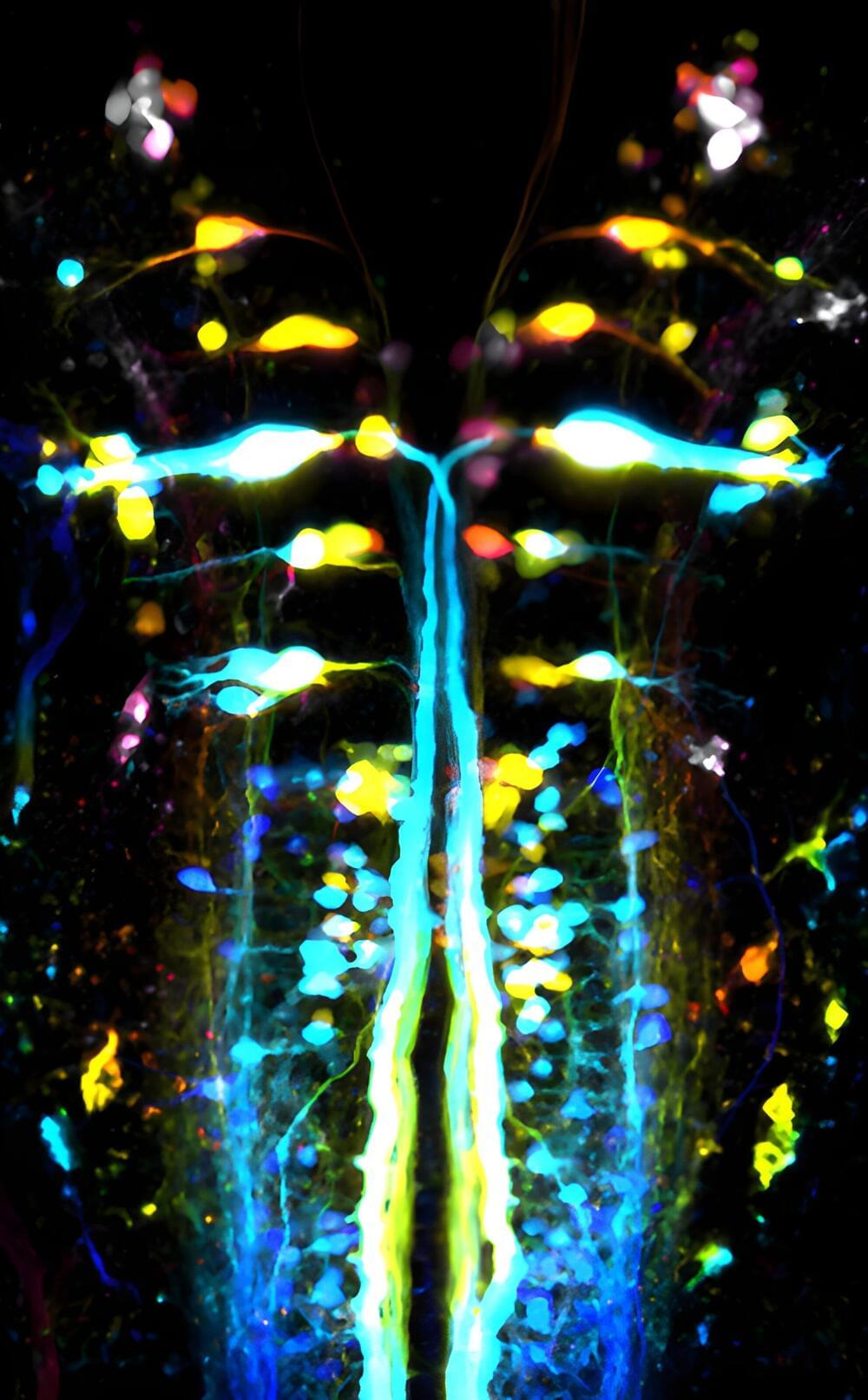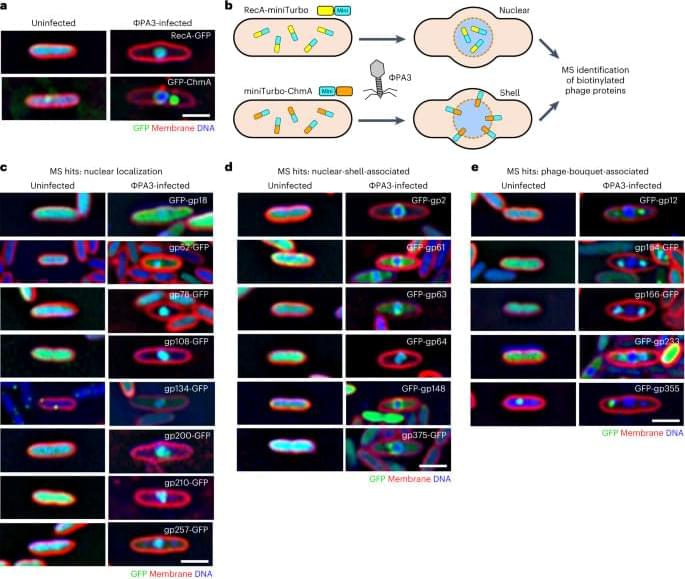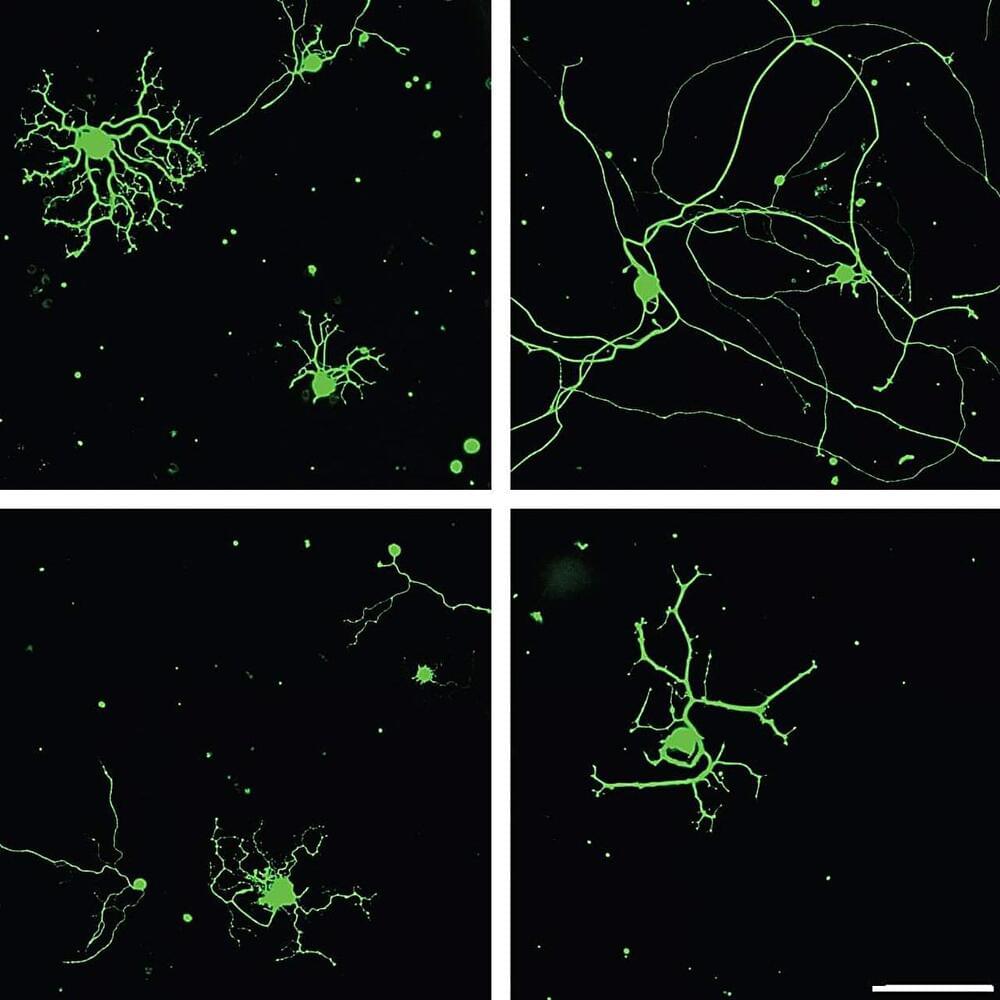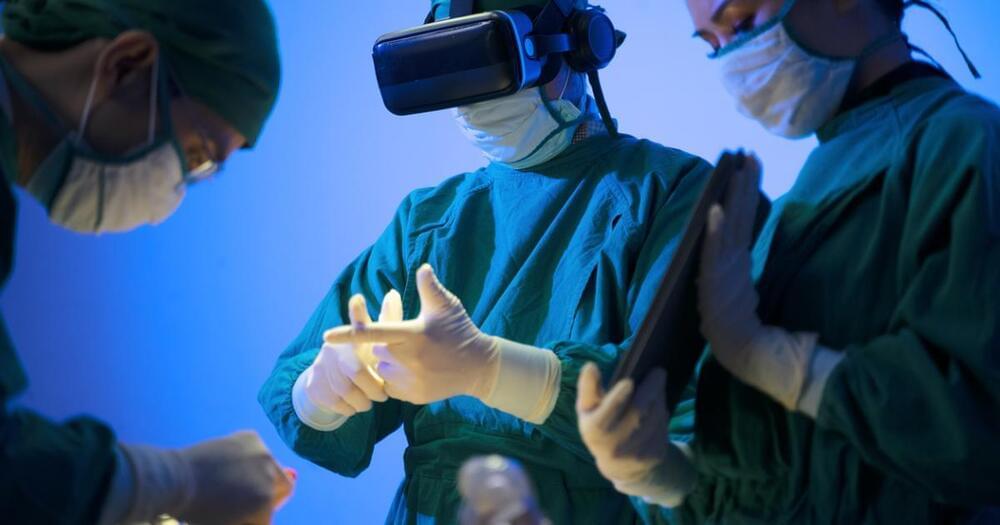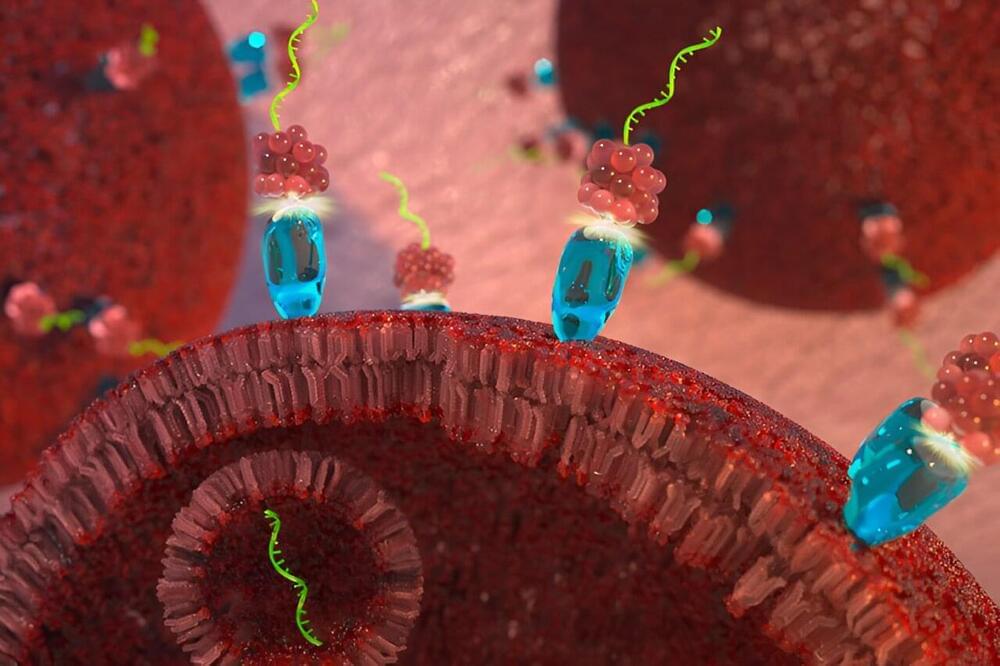
A new cancer therapy developed by Purdue University researchers attacks tumors by tricking cancer cells into absorbing a snippet of RNA that naturally blocks cell division. As reported in Oncogene, tumors treated with the new therapy did not increase in size over the course of a 21-day study, while untreated tumors tripled in size over the same time period. The paper is tiled “A first-in-class fully modified version of miR-34a with outstanding stability, activity, and anti-tumor efficacy.”
Cancer can begin almost anywhere in the human body. It is characterized by cells that divide uncontrollably and that may be able to ignore signals to die or stop dividing, and even evade the immune system. The therapy, tested in mouse models, combines a delivery system that targets cancer cells with a specially modified version of microRNA-34a, a molecule that acts “like the brakes on a car,” slowing or stopping cell division, said Andrea Kasinski, lead author and the William and Patty Miller Associate Professor of biological sciences at Purdue University.
In addition to slowing or reversing tumor growth, the targeted microRNA-34a strongly suppressed the activity of at least three genes—MET, CD44 and AXL—known to drive cancer and resistance to other cancer therapies, for at least 120 hours. The results indicate that the patent-pending therapy, the newest iteration in more than 15 years of work targeting microRNA to destroy cancer, could be effective on its own and in combination with existing drugs when used against cancers that have built drug resistance.


